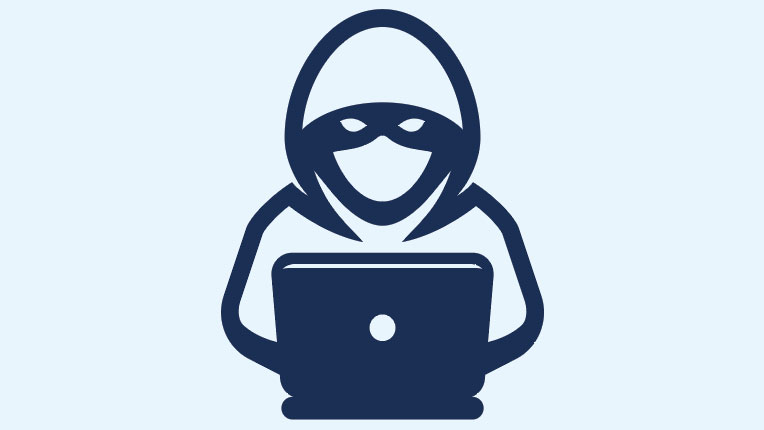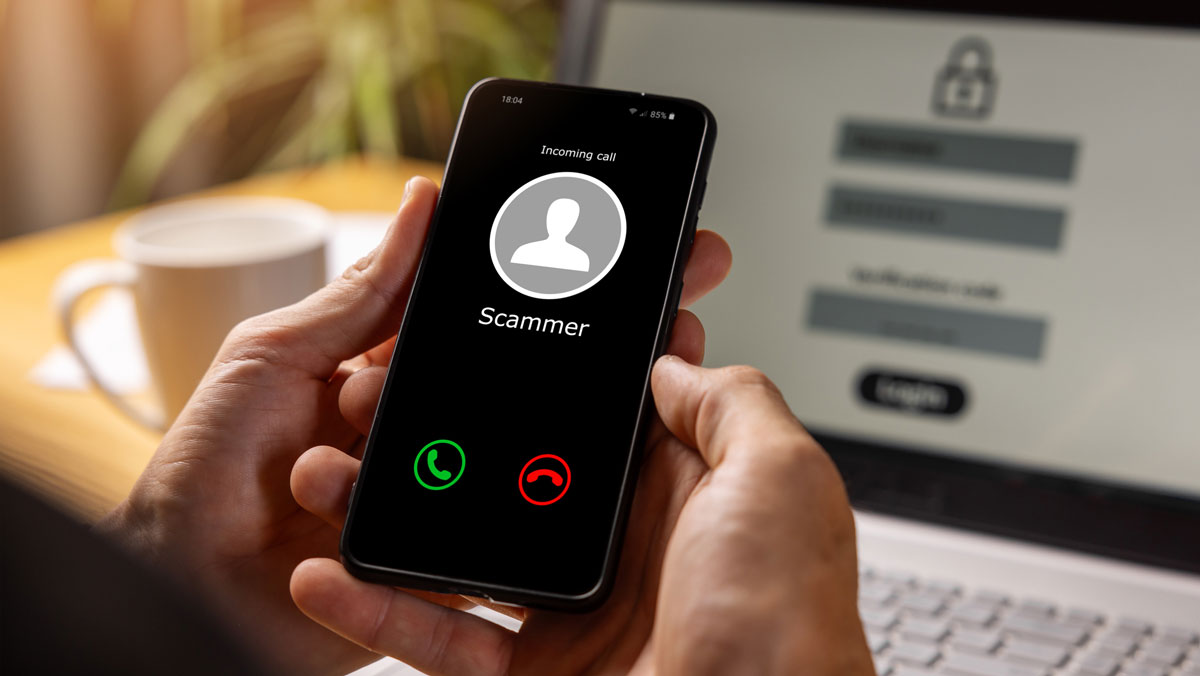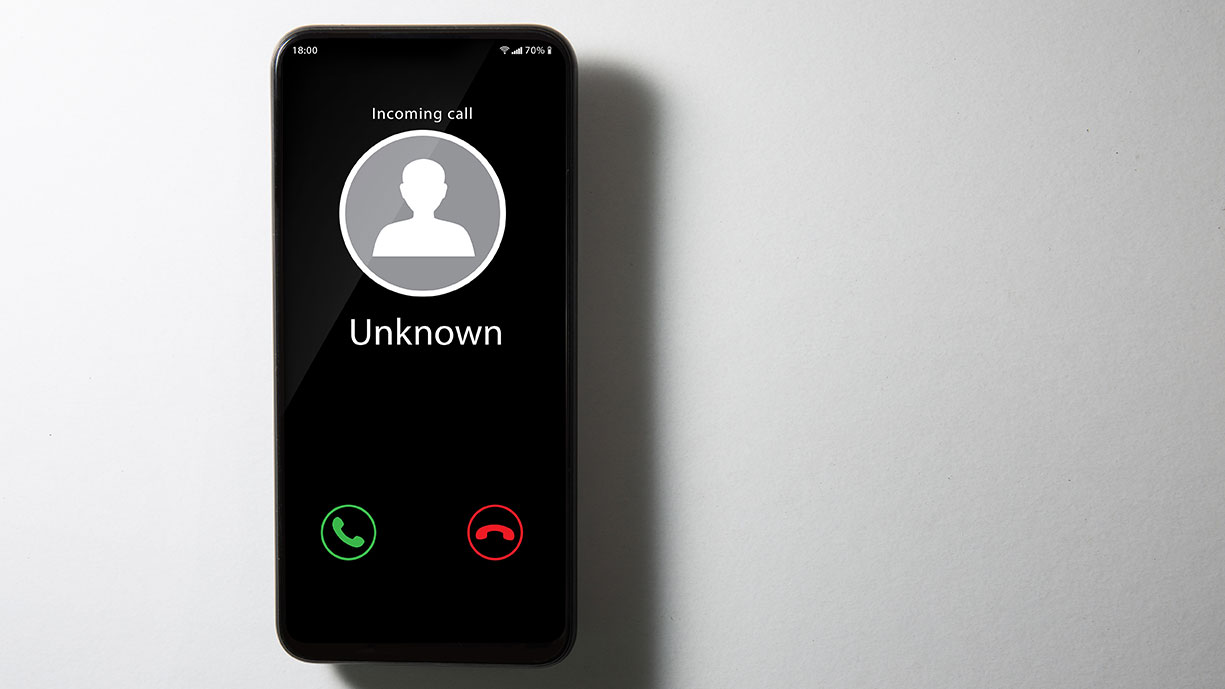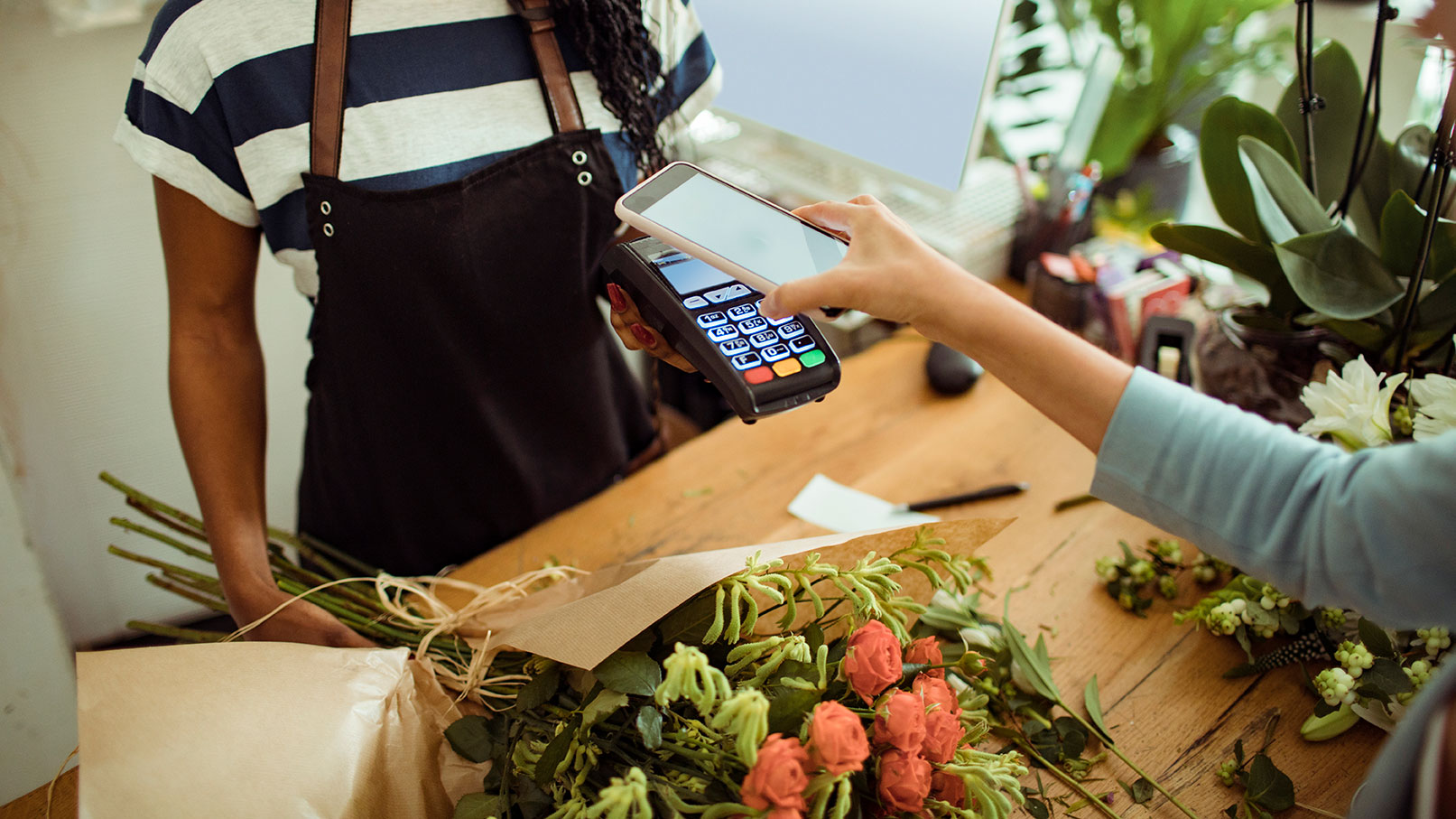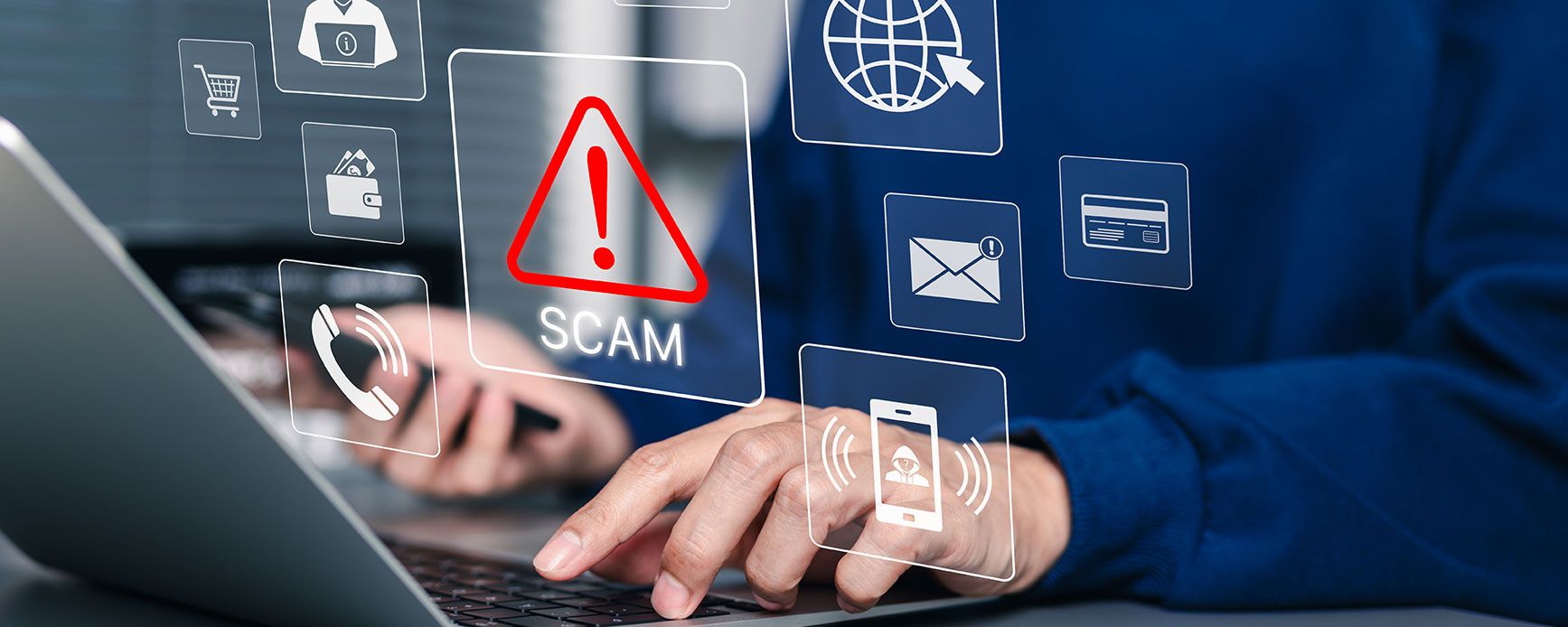
What is a fraud ring?
A fraud ring is an organized circle of criminals working to defraud and steal from people. They’ll use the same tactics as individual scammers and smaller groups but work on a massive scale. They also tend to have access to more technology and resources than a typical scammer. Because of this, the harm they can do is on a much larger scale, too.
A fraud ring consists of a group of criminals and crooks working together. Like corporations, they have leaders and recruit skilled workers. The members of the fraud ring collaborate to share stolen data, forged documents, and technical expertise that can help them commit acts of fraud to net vast amounts of stolen funds and merchandise. They often purchase stolen data from the dark web and share best practices on how to commit the fraud.
How does a fraud ring operate?
A fraud ring can operate in several different ways, often across different industries and borders that make them hard to track and shutdown. One common premise involves forgery, in which the fraud ring creates fake claims, steals identities, or even prints counterfeit checks or currency. They have adapted technology and often use AI and bots to help them with their schemes. Some rings target individuals, committing identity theft. Others focus on targeting ecommerce websites, businesses, charities or government agencies.
A fraud ring can commit any of the following scams:
- Forgery
- False claims
- Identity Theft, identity manipulation and account takeover
- Loan and mortgage fraud
- Phishing and social engineering
- Impersonation of financial institutions, government agencies, law enforcement, employers, and others
- Counterfeit checks and/or currency
How can I recognize a fraud ring?
Look for these red flags, which can indicate signs of fraud:
- Sudden, large transactions on your credit card or checking account that you didn’t make
- Bills for loans you haven’t taken out
- An unexplained, big drop in your credit score
- Unsolicited calls, texts, and emails that promise wealth or guaranteed returns on investments, often using urgent language to pressure you to act quickly
- Being asked to purchase gift cards or make a payment thru gift cards, cryptocurrency, or wire transfers
If you own a business, you may be at higher risk of falling victim to a fraud ring. Be sure to look out for several sudden and large purchases from a customer who hasn’t made a purchase in a while, new accounts from customers that quickly become big spenders, and claims demanding refunds for faulty products you believe were fine when purchased.
Detecting instances of fraud at the first sign of suspicion can help mitigate the damage and keep you, your money, and your information safe. MSGCU members can monitor their credit score within online banking and the mobile app. Review it often and make sure there isn’t an unexplained drop in your credit score or new, unauthorized lines of credit.
Remember, MSGCU will never ask for your online banking password. If someone is asking you to share your credentials with them, it’s a scam. For more ways to keep your finances safe, check out the MSGCU security center for scam alerts, security and fraud education, tips to protect your identity and accounts, and more.
If you believe you may have fallen victim to a fraud ring, don’t wait to act. Call, video bank, or stop by any of our 24 branches and let our team help keep your finances safe.
Category: Security
« Return to "Blog"



















